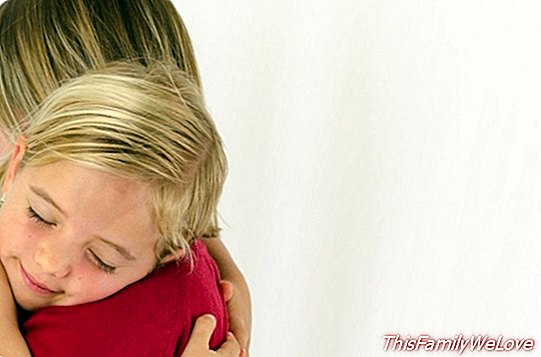Gratitude in children, can it be taught?

A personality is constructed or is immutable from the birth? Is there any way to instill virtues in the youngest of the house at an early age through education? The answer to this last question is a yes, you can teach children many values through a home environment that helps foster positive traits.
Features such as gratitude, virtue that can be taught to the little ones through the behavior of the parents. A positive attitude that will contribute to the development of positive values that will help them to manage themselves in social environments such as school, and in the future within their work.
Gratitude in day to day
Here are some tips so that at home you can bet on the gratitude as a common element in day to day:
- Talk about the best of your day. Parents should look for a moment every day to talk about things for what they deserve to be grateful for. Thinking about the good will help improve gratitude.
- Talk about the past. Surely parents have had to go through many difficulties before reaching this situation. Making this past known will teach children the value of effort and to give thanks for the context in which they live.
- Promote solidarity. Food collections, volunteering or simply getting involved with a charitable cause.
- Be grateful. Parents are the mirror in which children are seen and the word "thank you" must often appear in their vocabulary. Has dinner been exquisite? You have to thank the person who cooked. Was someone kind on the street? Do not forget to thank him.
- The value of gifts. A gift is a present that someone does to us because we care. That is why it deserves to receive a thank you in response to this behavior and to have remembered the illusion that made it receive it.
- Remember the "daily gifts". Life is full of small things that are often forgotten. A nice sunny day to play, good friends to meet them and a stable family. These are some of the things that the child should remember and for which he should be grateful.
- Take care of what you have. It does not help to thank something if it is going to be broken at the moment. Caring for possessions is another way of being grateful.
- Simplicity It is not happier who else has, but who less needs. Teaching children to get rid of unnecessary requests will help them be more grateful for what they have instead of torturing themselves with what they lack.
Damián Montero




